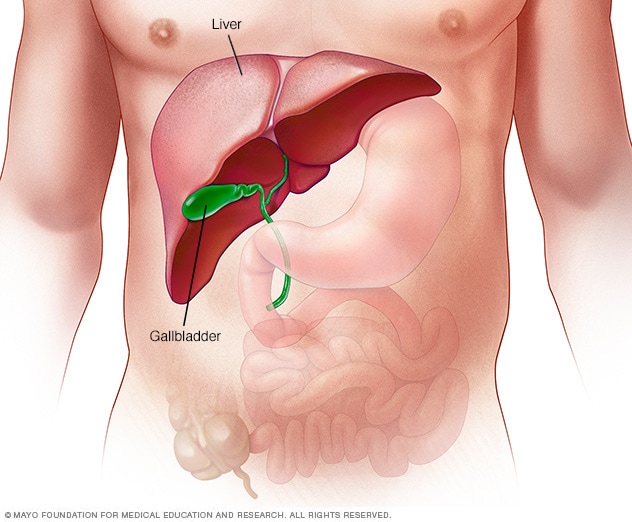
The Child Health Department of the Korle Bu Teaching Hospital (KBTH) has recorded a rare case of Wilson’s Disease in a 13-year-old boy. The condition, believed to be the first in the country, is said to affect one out of 30,000 population in developed countries. The boy was diagnosed with the fatal genetic disease after his mother, a trader, detected his deteriorating handwriting.
The Head, Neuro-Developmental Clinic, Department of Child Health, KBTH, Professor Ebenezer Badoe, who made the diagnosis after several tests, however, said the disease was treatable. He said the young boy could live a normal life through medication, but was concerned about the cost involved, saying the patient needed GH¢450 every month to stay alive.
Wilson’s disease is an inherited disorder that causes too much copper to accumulate in the organs. It causes copper levels to build up in several organs, especially the liver, brain and eyes. In Wilson’s disease, copper is not eliminated properly and instead accumulates, possibly to a life-threatening level. Symptoms typically begin between the ages of 12 and 23 and they include swelling, fatigue, abdominal pain and uncontrolled or poorly coordinated movements.
Treatment often includes medication that can prompt the organs to release copper into the bloodstream. Once it is in the bloodstream, it can then be eliminated from the body through the kidneys.